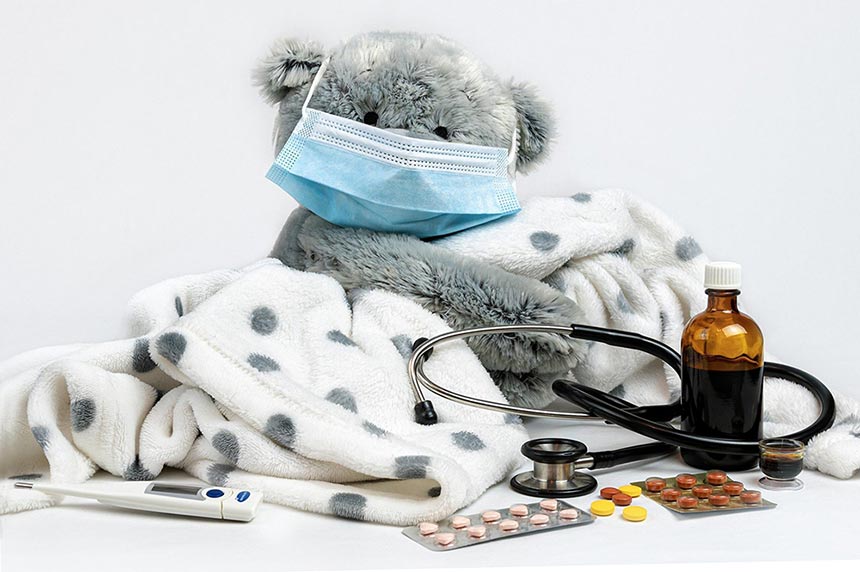Antibiotics are a range of powerful medicines that help stop infections caused by bacteria. They stop infections by killing the bacteria. In other words, antibiotics fight bacteria by keeping them from copying themselves or reproducing. Before we talk about antibiotic resistance, here is the basic information you need to understand first.
Fast Facts on Antibiotics:
- Antibiotics cannot treat viral infections, such as colds, flu, and most coughs.
- In 1928, Alexander Fleming discovered penicillin, the first natural antibiotic.
- Fleming also predicted that there would be antibiotic resistance.
Types of Infections that Can Be Treated with Antibiotics:
- Some ear and sinus infections
- Dental infections
- Skin infections
- Meningitis (swelling of the brain and spinal cord)
- Strep throat
- Bladder and kidney infections
- Bacterial pneumonia
- Whooping cough
Common Side Effects of Antibiotics:
- diarrhea
- nausea
- vomiting
- rash
- upset stomach
- with certain antibiotics, fungal infections (of the mouth, digestive tract, and vagina)
Less Common Side Effects of Antibiotics:
- formation of kidney stones, when taking sulfonamides
- abnormal blood clotting, when taking some cephalosporins
- sensitivity to sunlight, when taking tetracyclines
- blood disorders, when taking trimethoprim
- deafness, when taking erythromycin and the aminoglycosides
- some people, especially older adults, may experience bowel inflammation, which can lead to bloody diarrhea
Ways How to Use Antibiotics:
People must not stop a course of antibiotics halfway through, even when they start feeling better. If in doubt, they can ask their doctor for advice. Antibiotic resistance is mostly accelerated by the misuse and overuse of antibiotics.
Antibiotics are usually taken by mouth. However, doctors can administer them by injection or apply them directly to the part of the body with the infection.
Most antibiotics start fighting infection within a few hours. You must complete the whole course of medication to prevent the return of the infection.
Do not take some antibiotics with certain foods and drinks. Follow the instructions correctly for the medication to be effective. People taking metronidazole should not drink alcohol.
Avoid dairy products when taking tetracyclines, as these might disrupt the absorption of the medication.
What is Antibiotic Resistance?
Stopping the medication before the course has finished increases the risk that the bacteria will become resistant to future treatments. The ones that survive will have had some exposure to the antibiotic and may consequently develop resistance to it.
Antibiotic resistance occurs when bacteria change in response to the use of these medicines. Bacteria (not humans or animals) become antibiotic-resistant. Antibiotic resistance is mostly accelerated by the misuse and overuse of antibiotics.
When infections can no longer be treated by first-line antibiotics, more expensive medicines must be used. It also causes a longer duration of illness and treatment in hospitals. This may also lead to an increase in healthcare costs as well as economic burdens on families and communities.
Antibiotic resistance is putting the achievements of modern medicine at risk. Organ transplants, chemotherapy, and surgeries such as cesarean sections become much more dangerous without effective antibiotics for the prevention and treatment of infections.
With the World Health Organization (WHO) focusing this year on antibiotic resistance, it's the perfect time to educate ourselves on this topic. Ask your doctor about your antibiotics (why is that particular antibiotic appropriate for your particular illness? What results can you expect, and how long will that take?).

Sources:
https://www.who.int/news-room/
https://www.webmd.com/a-to-z-g
https://www.medicalnewstoday.c
